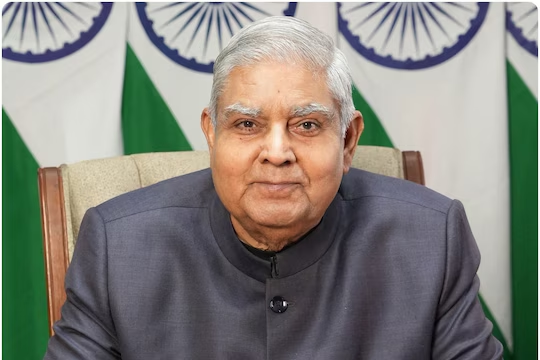Ensuring Representative Journalism: Diverse Newsroom Hiring: Strategy: Actively recruit journalists from diverse backgrounds, ensuring varied perspectives in news reporting. Community Engagement: Approach: Foster connections with communities to understand their concerns and incorporate diverse voiceاقرأ المزيد
Ensuring Representative Journalism:
- Diverse Newsroom Hiring:
- Strategy: Actively recruit journalists from diverse backgrounds, ensuring varied perspectives in news reporting.
- Community Engagement:
- Approach: Foster connections with communities to understand their concerns and incorporate diverse voices in reporting.
- Training and Sensitization:
- Initiative: Provide ongoing training for journalists on cultural competency and unbiased reporting.
- Audience Feedback Integration:
- Practice: Actively seek and listen to feedback from the audience to address biases and improve representation.
- Story Selection Criteria:
- Guideline: Develop clear criteria for selecting stories that prioritize representation and inclusivity.
- Transparency in Reporting:
- Policy: Implement policies that require transparency about journalists’ affiliations and potential biases.
- Regular Diversity Audits:
- Measure: Conduct regular audits to assess the diversity of sources, ensuring a balanced representation.
- Collaboration with Underrepresented Groups:
- Initiative: Collaborate with organizations representing underrepresented communities to amplify their voices.
- Technology Integration:
- Innovation: Leverage technology to analyze content for biases and suggest improvements in real-time.
- Ethical Guidelines on Representation:
- Guidance: Develop and enforce ethical guidelines that emphasize the importance of representing all voices fairly.
By implementing these strategies, journalism can move towards a more inclusive and representative industry.
قراءة أقل

1. Bridge of Communication: Journalism acts as a bridge, facilitating communication and understanding between diverse communities and cultures. Through reporting, it brings different perspectives into the public sphere. 2. Fostering Informed Citizenship: In-depth reporting promotes informed citizensاقرأ المزيد
1. Bridge of Communication:
2. Fostering Informed Citizenship:
3. Counteracting Misinformation:
4. Humanizing Stories:
5. Celebrating Diversity:
6. Peace Journalism:
7. Cultural Exchange:
8. Conflict Resolution:
9. Encouraging Dialogue:
10. Promoting Tolerance: – Reporting on issues of intolerance and discrimination raises awareness, fostering a culture of tolerance. – Tolerance is a key element in building peaceful societies.
11. Highlighting Commonalities: – Journalists often highlight shared human experiences, emphasizing commonalities across cultures and communities. – This emphasis on shared values promotes unity and understanding.
12. Educating Against Stereotypes: – Journalism educates against stereotypes by providing accurate and diverse representations. – Breaking down stereotypes is crucial for promoting peaceful coexistence.
13. Global Citizenship: – Reporting on global issues encourages a sense of global citizenship, where individuals feel interconnected. – A global perspective contributes to a more peaceful world.
14. Soft Diplomacy: – Journalism can function as a form of soft diplomacy, influencing public opinion and perceptions. – Positive media coverage can contribute to improved international relations.
15. Promoting Social Justice: – Reporting on social justice issues contributes to a fairer and more equitable society. – Social justice is foundational for sustained peace.
In summary, journalism plays a pivotal role in promoting peace and understanding by fostering communication, countering misinformation, humanizing stories, and encouraging dialogue. By celebrating diversity, promoting tolerance, and educating against stereotypes, journalism contributes to building a world where peaceful coexistence is not just a goal but a reality.
قراءة أقل